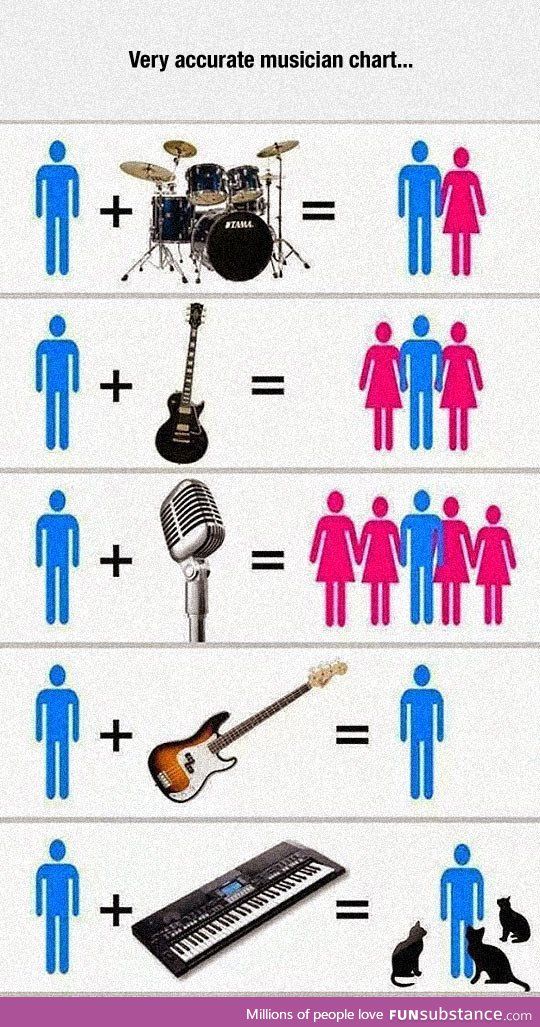You won't believe how quickly you can learn lead guitar once you take on board these simple ideas
.jpg)
The guitar is arguably the best instrument to pick up, you can create music quickly, providing you dial back your expectations.
Remember, even Eric Clapton went plink, plink when he first picked up a guitar!
I learned to play guitar from the greatest book ever written on the subject, Bert Weedon's "play in a day". I can't remember what was in it, but I know it took a bit longer than that!
I'm not going to go into too much technical detail here, let others do that, I'm just going to give some basic strategic advice that they might have missed.
Beginners’ mistakes

Most budding lead guitarists make the same predictable mistakes. Here are some of them to watch out for…
- playing mechanically
- running up and down scales ad nauseum
- losing track of where you are
- wall of sound
Playing mechanically
Fluidity comes with practice.
The first step to sounding fluid is to recognise rhythm. It’s hard, when your fingers won’t do what you want them to, but you need to think on multiple different levels like more proficient players do.
Don’t expect too much too soon. Learning is a marathon, not a sprint.
Running scales
One of the biggest culprits contributing to lack of fluidity is to simply run up and down scales. There is so much emphasis placed upon the pentatonic scale and traversing it that you might think you simply go up and down the scale and it will sound great. It doesn't.
You don't need to run all over the fret board trying to impress people. You can stay in the same place and play a solo with just four notes!
Losing track of where you are
Even the best of us can lose track of where we are in a song. The trick is to be able to recover from it without anyone noticing. To do that you must be able to count bars. Music is nearly always structured in 8, 12 or 16 bars so all you need to do is to wait for the next section to come along. Don’t try to pick up where you lost it and try to recover on, say, beat 3 of the next bar. You won’t do it. If you lose your place calmly count the bars and come back in.
If you make a mistake, the dreaded ‘bum note’ it can seem as if the world has focused on you. Don't worry. It may seem as though everyone is looking at you but, if you leave a silence and pick it up at the next section, most of the audience won't even notice.
Playing continuously
You do occasionally need to come up for air when you are playing a lead guitar solo. However, many lead guitar beginners think that they have to fill every beat of the bar with one, two, or possibly more, notes. This wall of sound approach betrays amateurism.
Where to Start
My advice is to start with a 12 bar Blues. The 12 bar will teach you structure. You will learn to move melodically over chord changes. it is probably the most common musical form there is. In short it is a MUST.
Use the key of E because you have two open strings (1st and 6th) to help you.
Count 1234 (beats) for every bar
|
|E maj |
| |
| |
| |
|
|A maj |
| |
| |
| |
|
|B maj |
| |
|A |
| |
|
|E maj |
| |
| |
|B maj7 |
If you don't know the blues... there's no point in picking up the guitar and playing rock and roll or any other form of popular music. Keith Richards
Conclusion
Aim for fluidity, less is more, stay in one place, learn to count bars.

